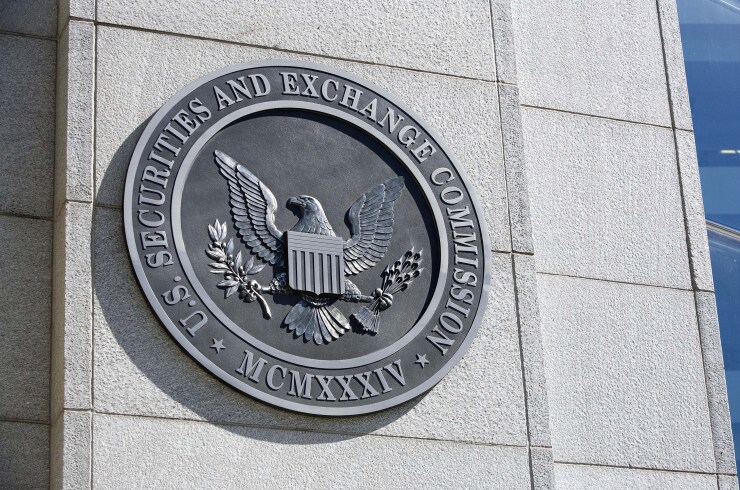The
The SEC said the team told investors via roadshows and YouTube videos that their cryptocurrency’s value would be supported by mining other digital assets, with 40% of all profits of said mining being placed in a reserve wallet, which in turn is said to have made the subscription package more attractive to investors, who were promised a passive return of 160% on the tokens.
However, according to the complaint, Ormeus Coin mined digital assets for less than a year, from February 2018 to January 2019, in which time the operation generated about $3 million in total revenues. The Barksdales, however, told investors that they were earning between $5.4 million to $8 million a month. They also claimed that they had $30 million, then $35 million, then $250 million worth of digital asset mining equipment versus the $1 million the SEC said they actually had. The company claimed that it was one of the biggest digital asset mining operations in the world, despite this.
To hide the nature of the alleged fraud, the SEC said the team had their website display a wallet connected to an unrelated third party versus the one connected to the reverse wallet, which showed $190 million in assets — versus the $500,000 they actually had. Further, to bolster the price of the asset, the two are said to have engaged in manipulative trading in the days surrounding road show events, artificially inflating the price through coordinated action.
The SEC also said that the pair held out Ormeus Coin as a separate operation from their own company that owned all the mining equipment. This presentation, said the complaint, sowed further confusion among investors.
Similar schemes also supported new cryptocurrency token offerings for Ormeus Cash and Ormeus Ecosystem.
Overall, the SEC said the two siphoned $124 million from over 20,000 investors worldwide, which they used to buy things like real estate and personal travel.

"We allege that the Barksdales acted as modern-day snake-oil salesmen, using social media, promotional websites, and in-person roadshows to mislead retail investors for their own personal benefit," said Melissa Hodgman, associate director in the SEC’s Division of Enforcement, in a statement. "We will continue to vigorously pursue persons who sell securities in schemes to defraud the investing public, no matter what label the promoters apply to their products."
The complaint, filed in the U.S. District Court for the Southern District of New York, charges the Barksdales with violating the federal securities laws and seeks injunctive relief, disgorgement plus interest and civil penalties. In a parallel action, the U.S. Attorney’s Office for the Southern District of New York unsealed criminal charges against John Barksdale.
Accounting Today was unable to identify the defendants' representation, and an email sent to the company inquiring on the matter received no response.




